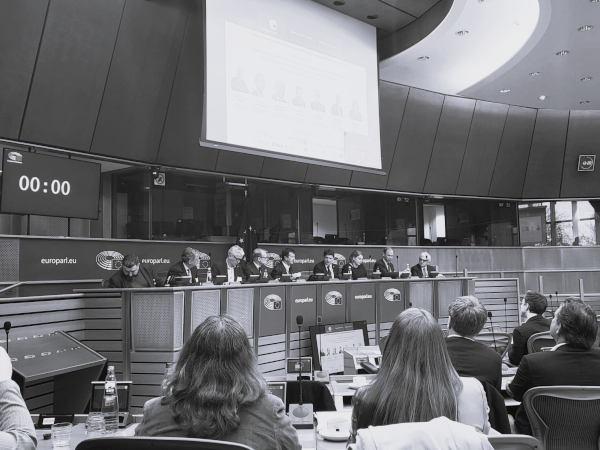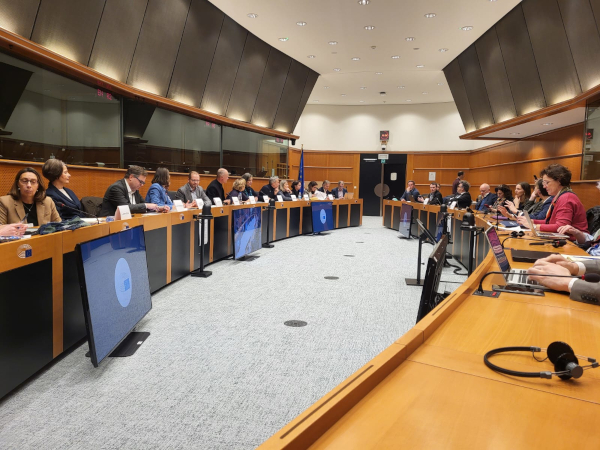Date: 10 July 2008
Early Day Motion 1910 expresses concern that the competitiveness of the UK’s energy intensive manufacturing sectors is now being jeopardised by the uncompetitive prices being demanded by energy producers compared to the rest of Europe and the potential for extensive job losses.
David Workman, Director General of British Glass said, “The rising cost of both gas and electricity is creating concern amongst the UK’s Energy Intensive Industries that their ability to compete on the world stage is being undermined.
“For a typical glass manufacturer, energy costs for this year have risen by over 50% compared to 2007, and by over 130% since 2004. If that company were to contract now for energy in 2009 it would face a further increase of 53%.”
As most forms of packaging originate from the Energy Intensive Sectors (or from oil) few packaging companies will be immune from the effects of this movement in costs. And unlike domestic consumers, industry users are facing the real costs of the rise in wholesale prices.
At a time of the year when the UK is self-sufficient in gas (from the North Sea) the day ahead price is inexplicably over 60p per therm – twice the level of a year ago.
David Workman commented, “UK manufacturers are paying a price premium both for gas and electricity over their European neighbours, which is likely to widen in 2009.
“When energy costs spiked over 2005/6 it is estimated that 100,000 manufacturing jobs were lost in the UK. The overall economy hardy noticed as oil prices were relatively low and the rest of the economy was growing at a healthy rate. Current and future energy costs are much higher now and with other costs also rising fast, it is estimated that over the next two years up to 450,000 manufacturing jobs could go.”
For these reasons British Glass believes that the government needs to follow the example set by other EU governments and act to reduce these cost impacts. “If it does not,” concluded David Workman, “there is a real danger that UK manufacturing will offshore to areas of the world where costs are lower.”
British Glass
The British Glass Manufacturers’ Confederation represents the interests of all sectors of the glass industry in the UK. Its main activity is in representing the industry at European, national and local level on a wide range of topical legislative issues. It also conducts independent research into all aspects of glass production and technology.
EDM1910 Energy Intensive Manufacturing Industry:
That this House expresses concern that the competitiveness of the UK’s energy intensive manufacturing sectors is now being jeopardised by uncompetitive prices being demanded by gas and electricity producers for future supplies, making the UK subsidiaries of multinational companies considerably more expensive than their European counterparts which will inevitably lead to extensive job losses in these sectors; and urges Ministers to act decisively and swiftly to restore confidence by developing strategies to utilise fully existing gas storage facilities during winter months, to develop additional storage and import facilities and to ensure fair access to Europe’s energy markets so that the UK’s energy intensive consumers are able to source energy at the same prices as their European competitors.







Add new comment